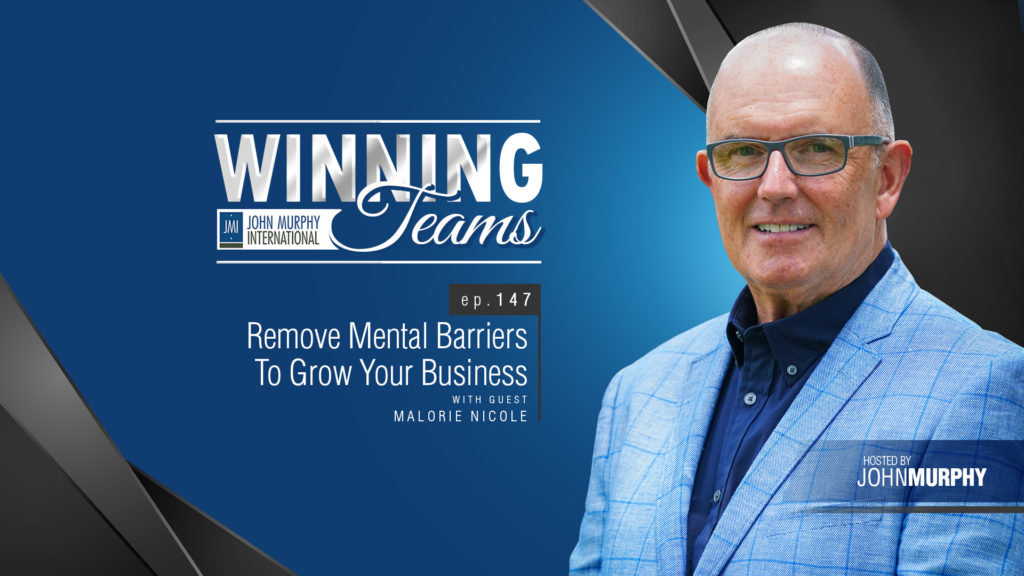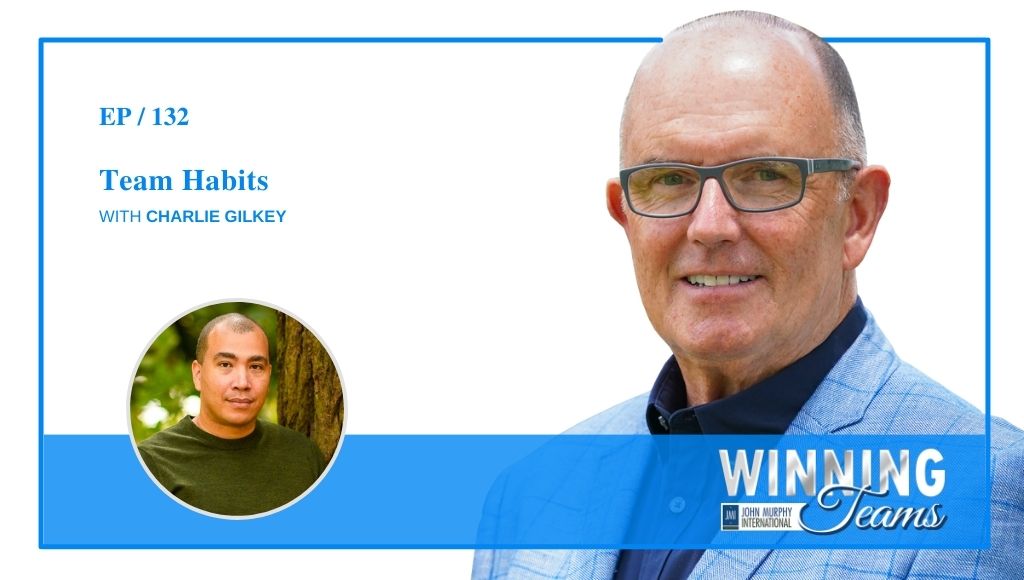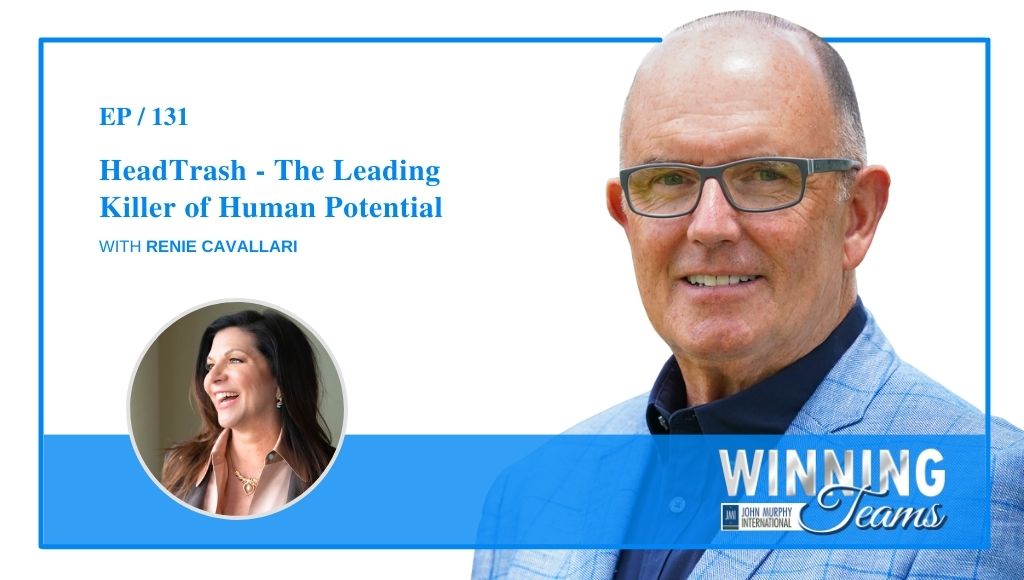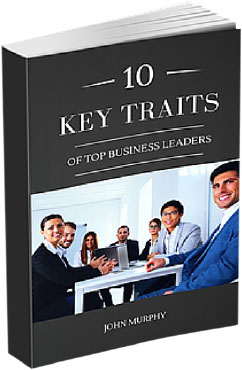Podcast: Play in new window | Download
Our brain is a powerful and complex tool that governs our behaviours and decisions. But for most people, their subconscious mind may stop them from reaching their full potential as team players or team leaders. Little do we know that this affects our business, our success, and our overall well-being.
In this episode, we have Malorie Nicole, host of the Abundantly Clear podcast. Malorie is a coach, a mindset expert, and a subconscious programmer. She shares with us her personal experiences of her learned behaviours, subconscious programming, growing our business or teams, and more. Today’s show is for CEOs, team leaders, senior executives, and everyone else in a leadership role.
Be sure to tune in and learn how you can overcome your mental barriers!
Getting into Health and Wellness (2:47)
- Malorie got sick around 2014, experiencing multiple symptoms that she thought meant a very serious illness.
- She was working at an engineering firm and realized that her symptoms were affecting her quality of work.
- Frustrated, she started fixing her lifestyle slowly and listening to her body more. She realized she was not addressing the root cause of her symptoms.
- Eventually, she wanted to expand her knowledge beyond engineering. This is the point where she got into mind, body, health, and wellness learning.
Getting into Coaching and the Subconscious (5:50)
- She was initially in the health and wellness business, which sparked her interest in exploring the path of coaching.
- People started coming to her for bookings, asking for her help, and scheduling counselling about the different mindset components.
- The unexpected swerve in her career led her to learn about the mind, body, and how these affect the mindset.
- It eventually led her to Leadership and Executive Coaching.
Subconscious Programming (7:32)
- Most of the decisions that we make are from our subconscious mind. These decisions may include our behaviours, habits, or how we act.
- All these, she argues, are not random behaviour of our brain. It all follows a pattern of how we had programmed our brain.
- Our subconscious is a “filing cabinet of all our beliefs.”
- Our lenses are customized for us because of this so-called subconscious programming.
- About 97% of what we do every day connects to our subconscious
- Most people do not realize that this also affects their performance, how they lead their teams, and ultimately, how they grow their business.
Shifting Mindsets by Acknowledging Blinders (10:17)
- It starts by asking people what their current “blinders” are. From there, it’s connecting the dots and pinpointing from where these blinders might have come.
- “Blinders” can be our learned behaviours or mindsets about certain things that may not necessarily be true.
- For Malorie, her blinder the belief that money and fear are the same. This is a learned behaviour from her father.
- Her attitude towards money shifted when she made an effort to change her learned behaviour from her childhood years.
- She says she notices this problem a lot with CEOs who come to her for help. These businessmen, although bringing huge money for their business, were afraid of checking their own finances.
Removing Mental Barriers (15:01)
- Our conscious and our subconscious mind do not easily allow us to see our mental barriers.
- It’s helpful to have a person in our life who can point out things in ourselves that we may not be aware of, someone to keep us on track.
- The way science works is, it blocks us from what is wrong with our brain, which is why it cannot be self-treated easily.
- Changing a team’s mindset affects potential profit and growth, how much you can pay people, and what you can bring into your business.
Changing Your Team’s Perspective (16:29)
- It’s a custom, one-on-one work, similar to marriage and relationships.
- For change to happen, every person in the team must put in the work to be self-aware and avoid being reactive to people.
- Knowing how to process your own emotions better will help you become a less reactive person, thereby improving your performance and leadership ability.
- It creates an environment for teams where open communication is safe and encouraged.
- This removes the overly-competitive nature of the team and replaces it with unity for a better growth strategy.
The Process of Changing the Mindset (18:32)
- She says that rather than a tool, it is a process.
- It is a 3-month process to know and understand the self fully.
- She says she doesn’t believe in the concept that people can’t change. Instead, she believes that people’s mindsets can change really quickly.
- Science tells us that people are resilient and can change when they allow it to happen.
- One pivotal step for changing the mindset is claiming that you are ready to change and perform better.
Relationship Between Pain and Personal Goals (20:09)
- She says that she had worked with different kinds of people- some who have experienced much trauma, and others who have had none.
- In both types, she noticed they still created harsh self-beliefs that are affecting their life and business.
- There are many people whose success and life goals are motivated by feelings of pain, guilt, and unworthiness.
- There is another way other than being rooted in pain and guilt. We can only create new mindsets if we acknowledge these learned behaviors and blocks in our minds.
On Leadership and Building Your Team (21:52)
- The process is exciting, and we must learn to enjoy it.
- Your team grows by how you perceive each other and how you work together.
- Leadership starts with the self.
- Open leadership inspires people to come as a whole and be open.
- Dictatorship stunts growth and potential.
- Psychological safety is essential for growth.
Leaders, Emotional Communication, and Addressing Conflict (27:45)
- Emotional communication has the potential to bring a better understanding of things.
- Avoiding conflict and difficult internal conversations will lead us to a downward spiral of “Well, I just hope this works out.”
- Leaders must learn how to address conflict to open safe communication space for the team.
- Avoiding conflict is avoiding the emotion that comes with it.
- The things that leaders tolerate defines their brand of leadership.
Leadership and Dealing with Stress (32:13)
- One common thing among CEOs is complaining about stressors, but not doing anything to change them.
- We often don’t permit ourselves to create structures and energy for things we enjoy doing.
- Stress comes from not being honest about what our needs are.
Book Recommendation and Daily Rituals (36:25)
- The Big Leap by Gay Hendricks
- It helped her understand her mind and the way we think.
- Her rituals differ, but she makes sure to allot enough time for herself in the morning. It could be time for journaling, meditating, or going for a walk.
- She personally likes to mix things up because routines can bore easily.
- Habits have to be meaningful, not necessarily things you do every day.
Connect with Malorie and listen to her podcast, Abundantly Clear. You may also listen to her podcast on iTunes, Spotify, and other major platforms.
. . . . . . . . . . . . . . . . . . . . . . . . . . . . . . . . . . . . .
The Winning Teams Podcast is powered by the winning team at Valher Media.
Are you ready to be a great leader?
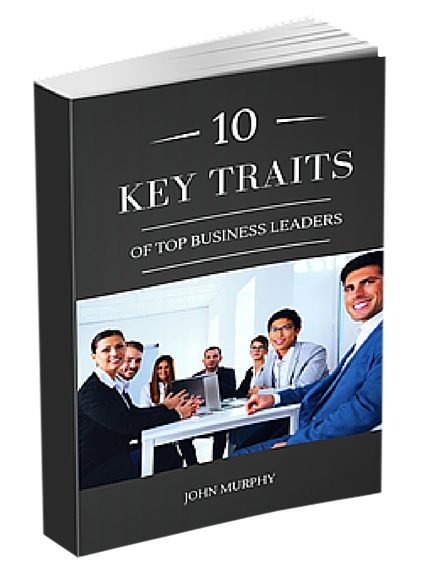 |
10 Key Traits of Top Business Leaders
These 10 Key Traits of Top Business Leaders can set you on your journey to lasting success! Click HERE to download. |
